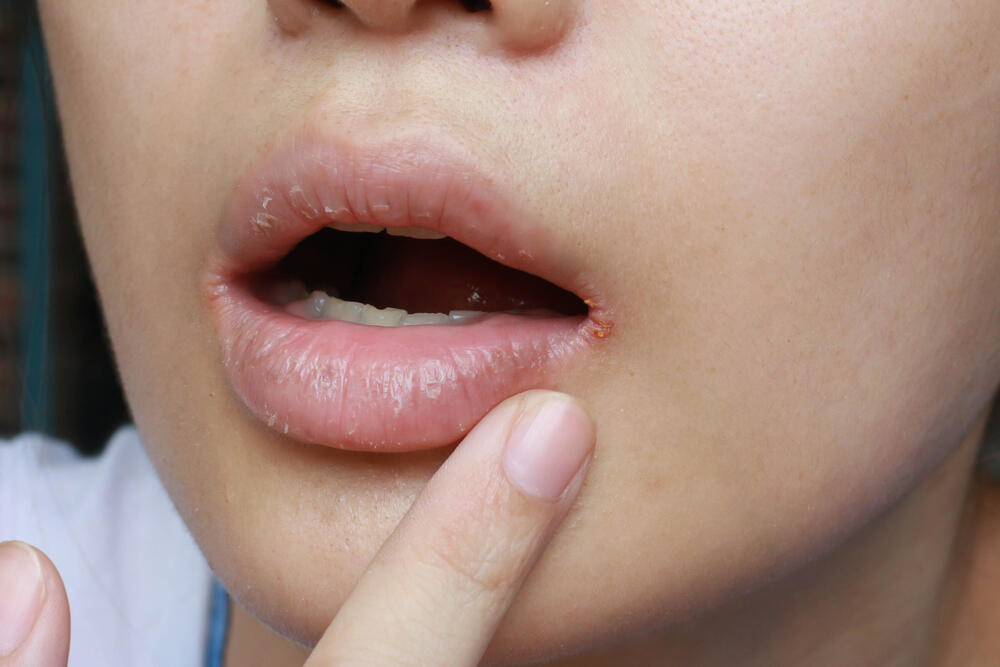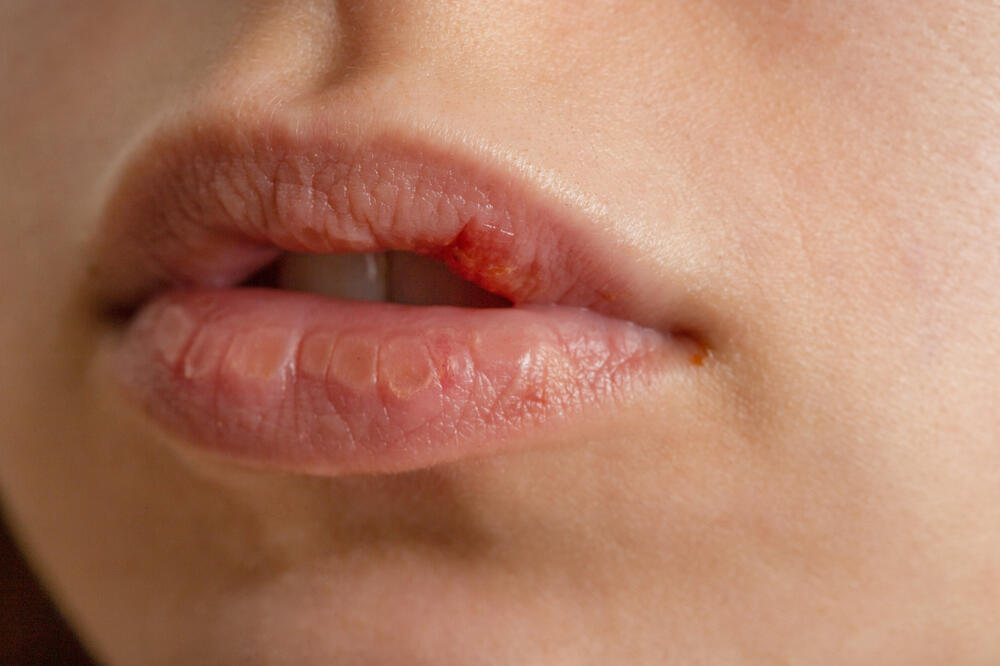We wouldn't be at all surprised if you have a bunch of balms scattered around the house and products that you use every time you need to moisturize your lips. But some people report that their lips feel drier after using the balm. That's obviously not the goal, so the magazine is Grace researched this topic, to find out if lip balm can actually contribute to dry lips. The result? It is possible, but it depends on several factors. Find out below how and why some balms make your lips even drier, as well as a few effective ways to keep them moisturized this winter.
Lip balm is essential for many people – even those with the simplest of care and beauty routines tend to use it. Lip balms can vary greatly from product to product, but the ultimate goal is usually to hydrate your lips and help protect against moisture loss.
Does lip balm make your lips more chapped?
If you feel like your lip balm is drying out your lips, that's probably true—but that doesn't mean all products will do the same. Many lip balms with the right ingredients—think moisturizing oils, butters, and vitamins—will help you hydrate your lips as intended. However, some may contain ingredients that can actually make your lips drier, such as menthol and salicylic acid. Many of these drying ingredients may seem beneficial at first glance, so it's crucial to look at the ingredients to find a product that will give your lips the hydration they need.
The most effective lip balm ingredients
Next time you're shopping for lip balm, look out for ingredients like beeswax, sunflower seed oil, coconut oil, jojoba oil, olive oil, vitamin E, and hyaluronic acid. These types of ingredients attract and retain moisture while stimulating the skin's protective barrier to protect and repair chapped lips. In particular, vegetable oils and butters (like coconut, jojoba, and olive oils) treat dry lips, while beeswax and other waxy substances protect your lips from dry air, wind, and cold temperatures. Vitamin E acts as an antioxidant, improving the health of the protective skin barrier.
Lip balm ingredients to avoid
Depending on the product you use and what ingredients it contains, it's entirely possible that lip balm can make your lips more chapped, which is a pretty problematic outcome if your goal is hydration. Often, lip balms contain ingredients that improve the scent or texture of the product, or leave your lips feeling fresh or tingly – but some of these ingredients can leave your lips feeling dry and chapped.
Some ingredients to avoid include menthol, benzocaine, salicylic acid, and phenol. While these ingredients may provide an instant cooling or healing sensation, they tend to exfoliate the outer layers of the skin, leaving your lips unprotected and vulnerable to damage.

For people with very sensitive skin, it is also recommended to avoid products containing citral, peppermint oil, geraniol, fragrance mix and cinnamaldehyde.
Alternative ways of hydrating the lips
In addition to regularly applying lip balm and other lip care products, there are a few other things you can do to give your lips some gentle care.
Stay hydrated: This is one of the best ways to keep moisture on your lips. Be sure to consume sufficient amounts of water to provide the skin with the hydration it needs to protect the skin.
Use a humidifier: Using a humidifier in your bedroom at night is an easy way to add moisture to the air, which helps prevent moisture loss from your skin and lips.
Pay attention to what you eat: Contact with certain foods, such as salty, spicy, acidic foods, can affect the condition of your lips, so it's important to pay attention to the ingredients in your favorite meals and snacks if you have trouble keeping your lips hydrated.
Use lip products with SPF: On warm or sunny days, always look for a lip SPF of 15 or higher. The sun often causes burns, chapped lips and evaporation of critical moisture.
Do not lick your lips: Excessive licking of the lips will cause the bad habit of hydration-evaporation. This frequent habit will inevitably leave the lips in an even worse condition than before.
Bonus video:





